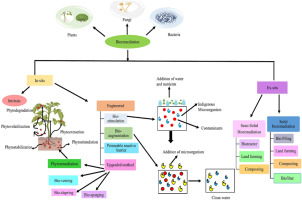
Substituting chemical pesticides with safer alternatives in farming is crucial for ecological wellbeing. Apolo Biotech, a startup from Argentina, is at the forefront of this initiative by creating RNA-based solutions to boost plant defenses against diseases. By introducing small, stable RNA molecules, Apolo’s strategy harnesses plants’ innate ability to uptake nucleic acids to thwart infections by disrupting gene expression mechanisms. Unlike conventional chemical treatments, this approach does not lead to permanent genetic alterations or chemical residues. It achieves pathogen specificity, lessening ecological ramifications.
The idea, while akin to human mRNA vaccines, varies as plants do not generate antibodies. Instead, interference RNAs effectively obstruct infections. Apolo has already showcased success in safeguarding vegetables from fungi and views potential against viruses, bacteria, and even insects. Nonetheless, tackling weeds continues to be a challenge.
For this precision-targeted methodology, Apolo created a bioinformatics platform in collaboration with partners to examine genomes and confirm specificity while steering clear of damaging non-target organisms. This specificity responds to the broader dilemma in food production sustainability intensified by traditional pesticides impacting entire ecosystems.
Established in 2022 as a spin-off from Ariel’s research lab, Apolo is presently navigating the regulatory framework in Argentina, pursuing approval for their innovative technology. Despite financial challenges in 2024, they are conducting trials throughout the Americas, with aspirations for global implementation. Backed by pre-commercial agreements and grants, they established a pilot facility in Santa Fe for RNA production and are investigating additional investments.
By partnering with well-established agricultural distributors instead of direct sales, Apolo intends to weave their RNA products into existing supply chains, representing a notable advancement in environmentally friendly agricultural practices.